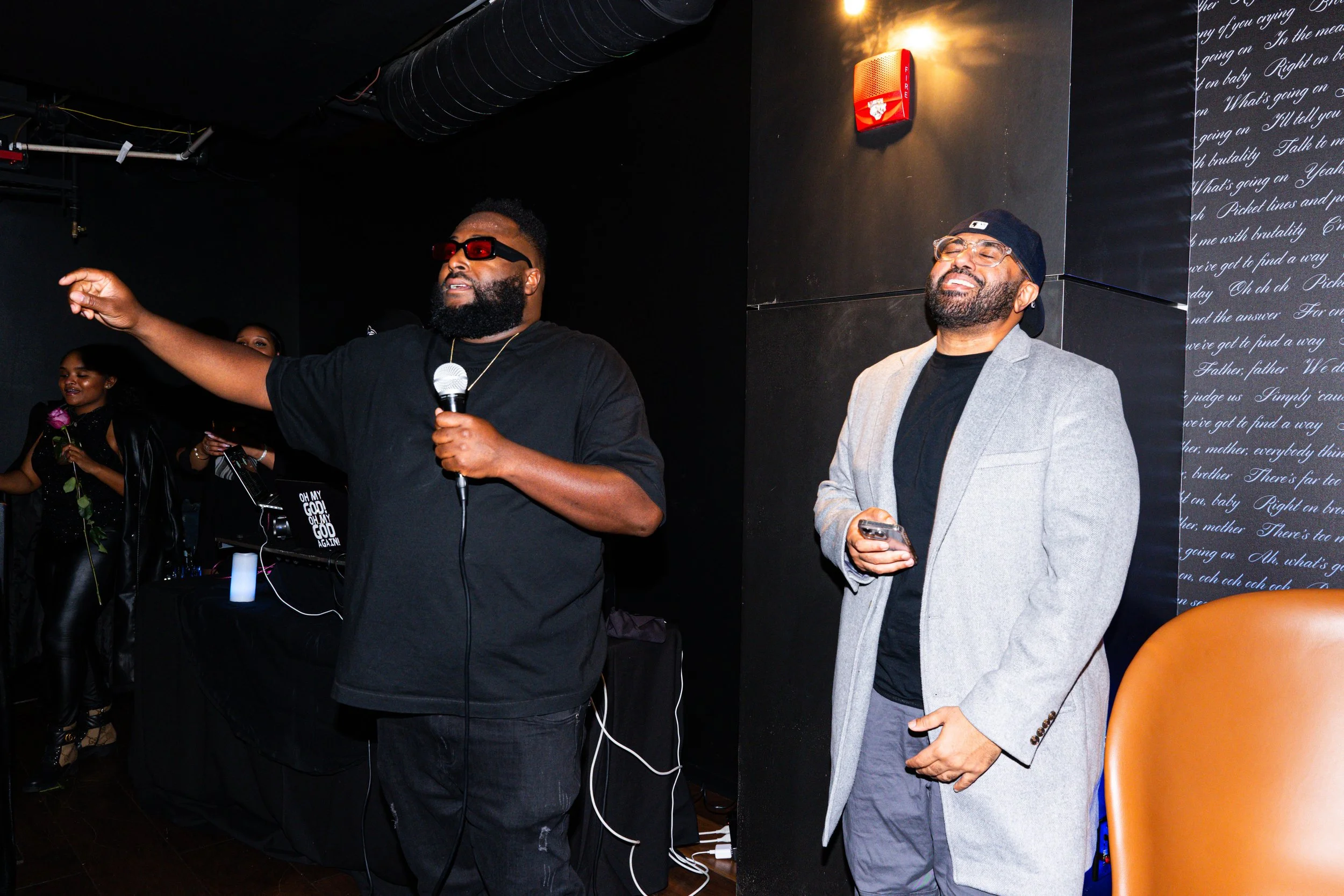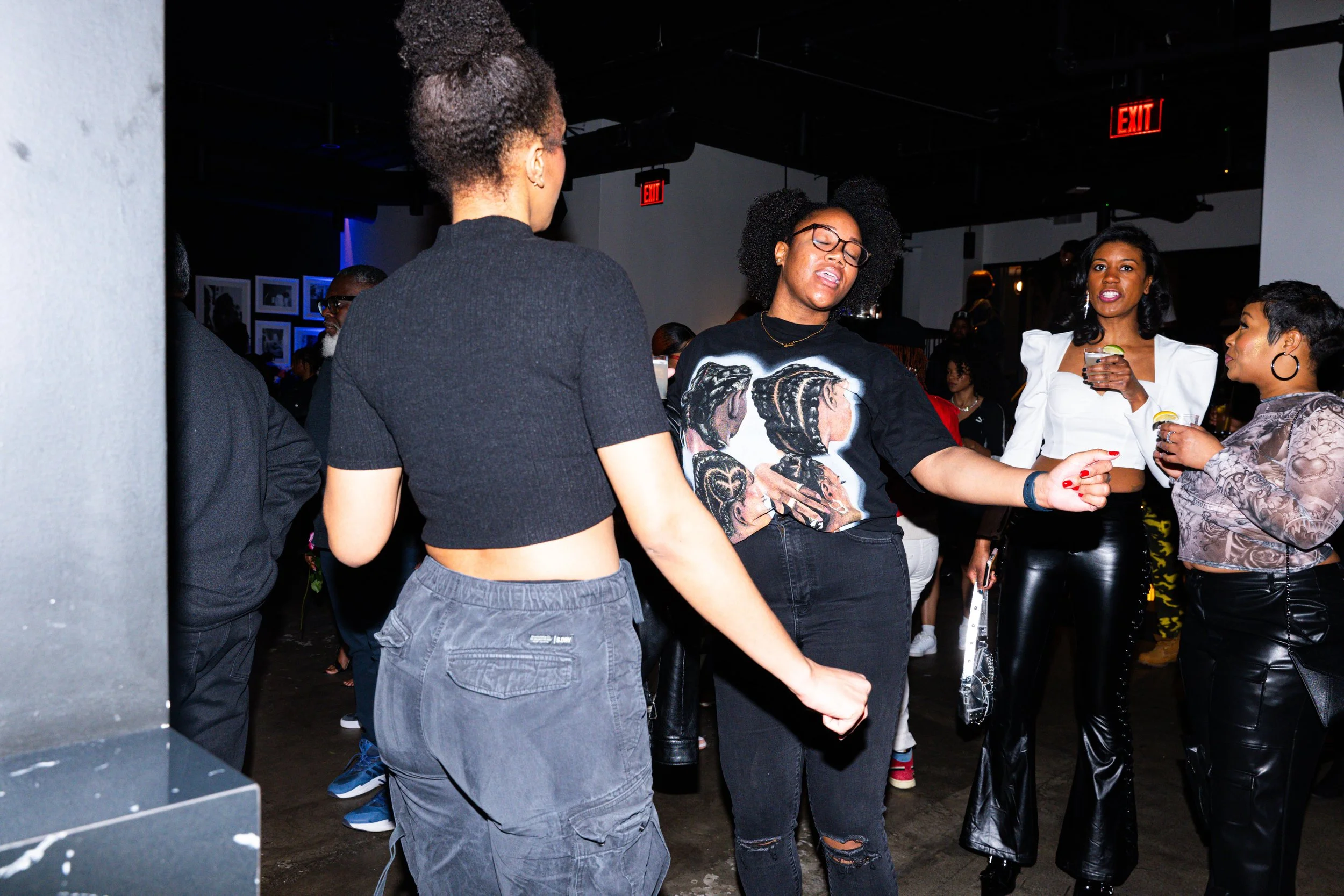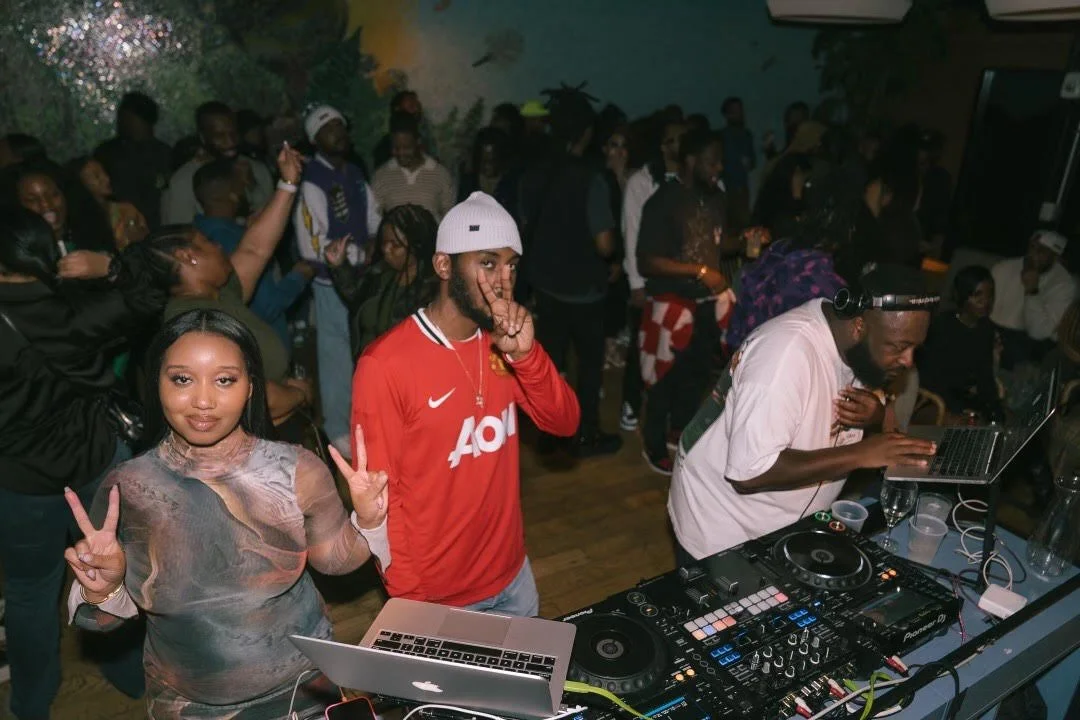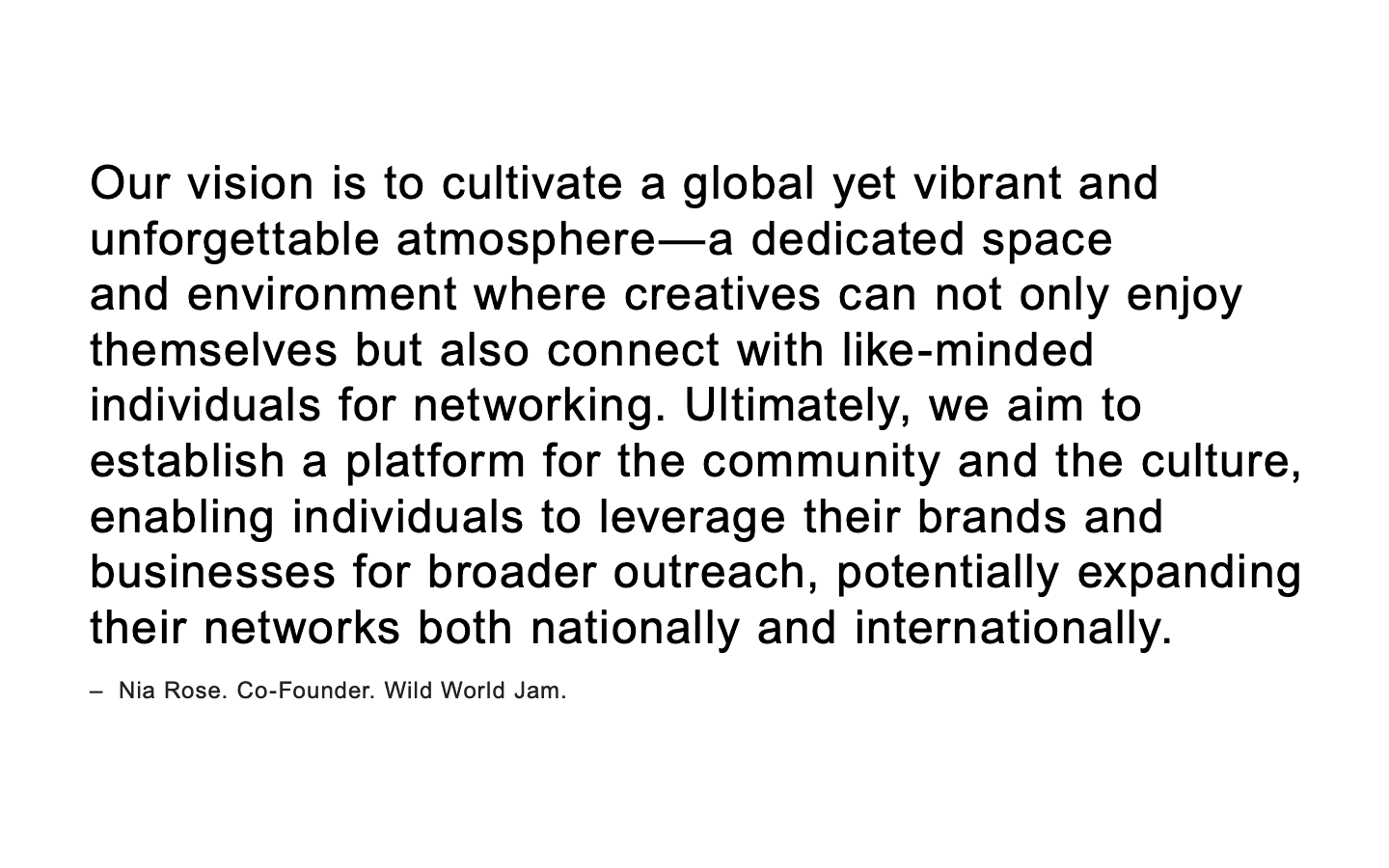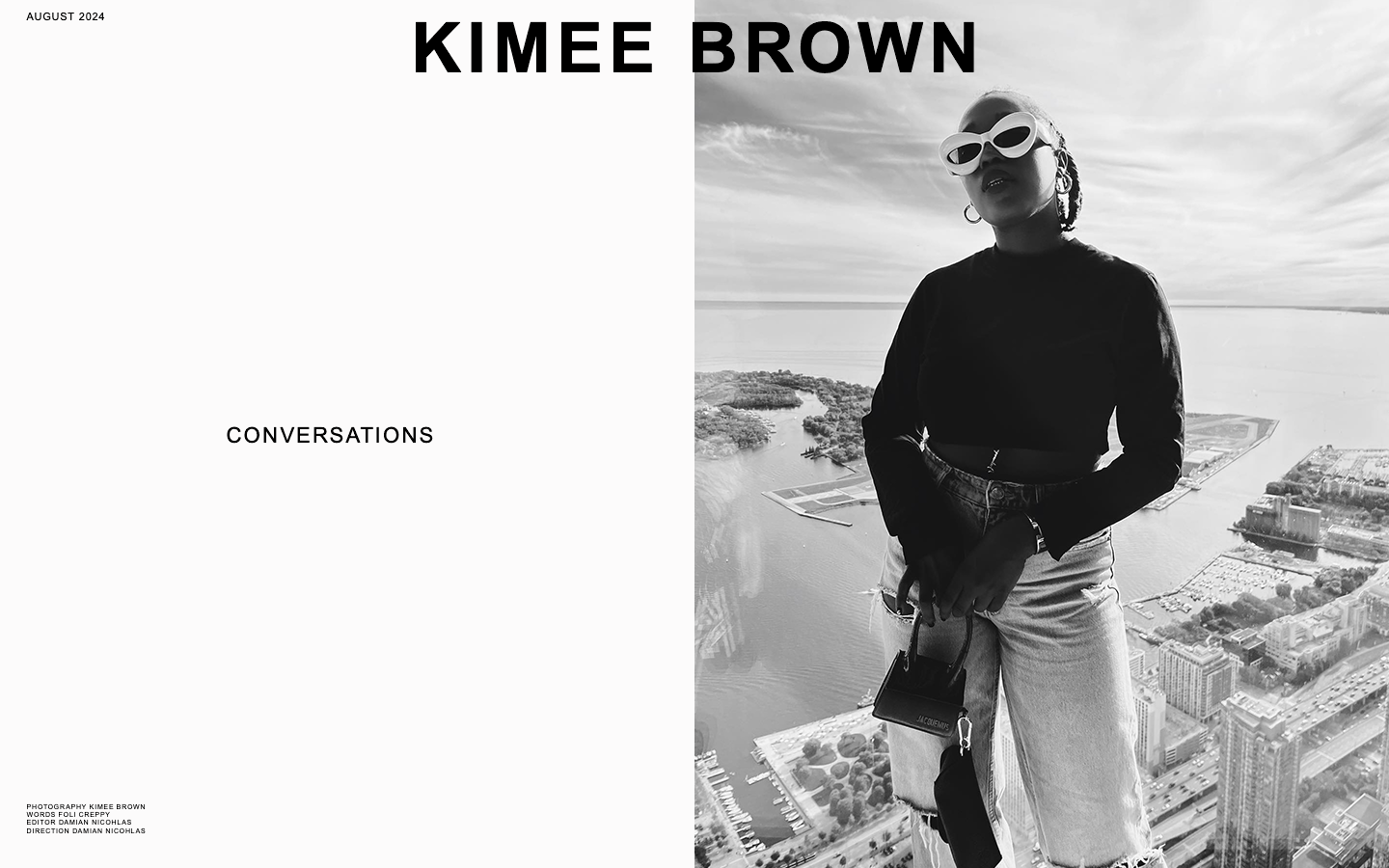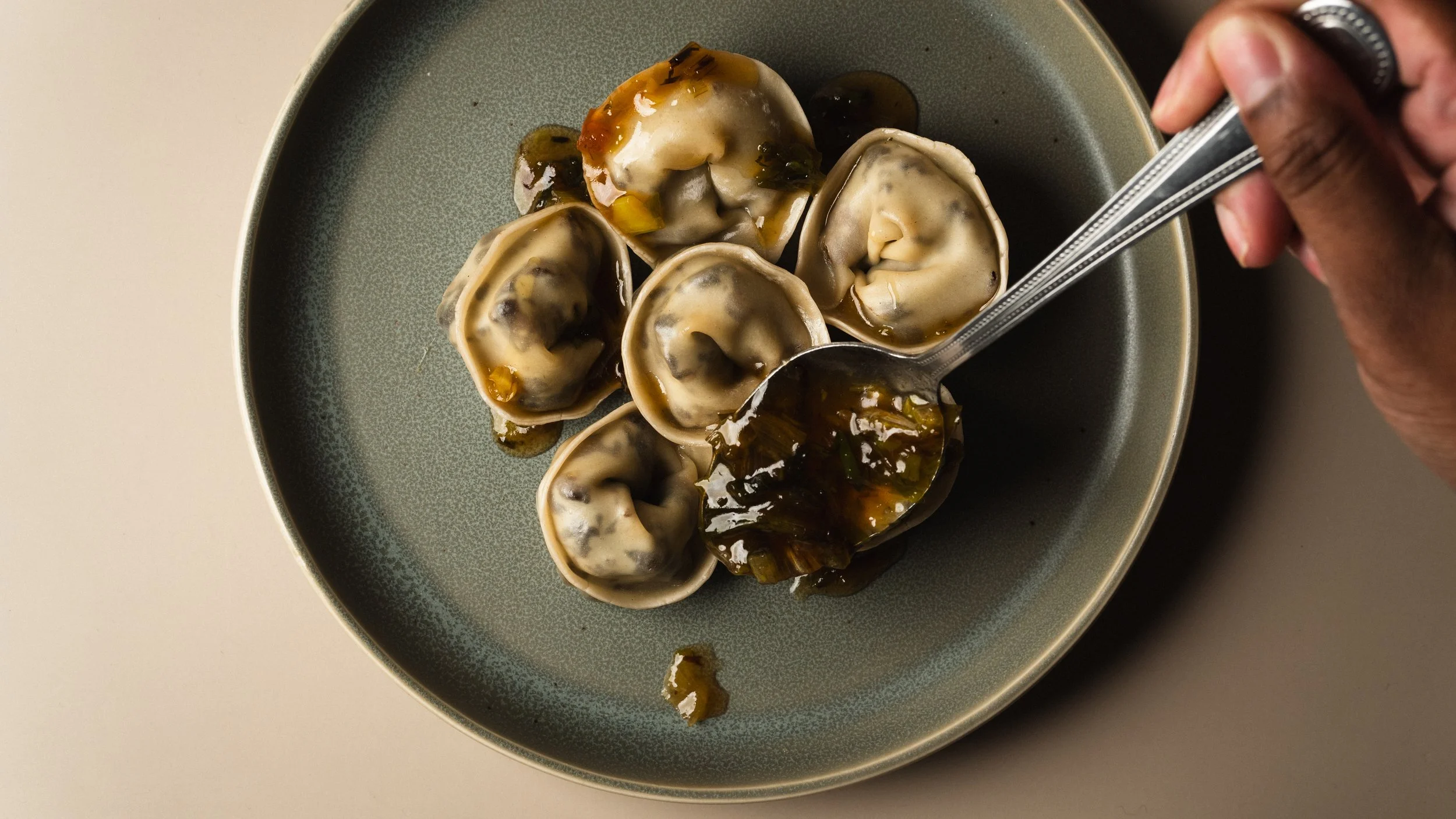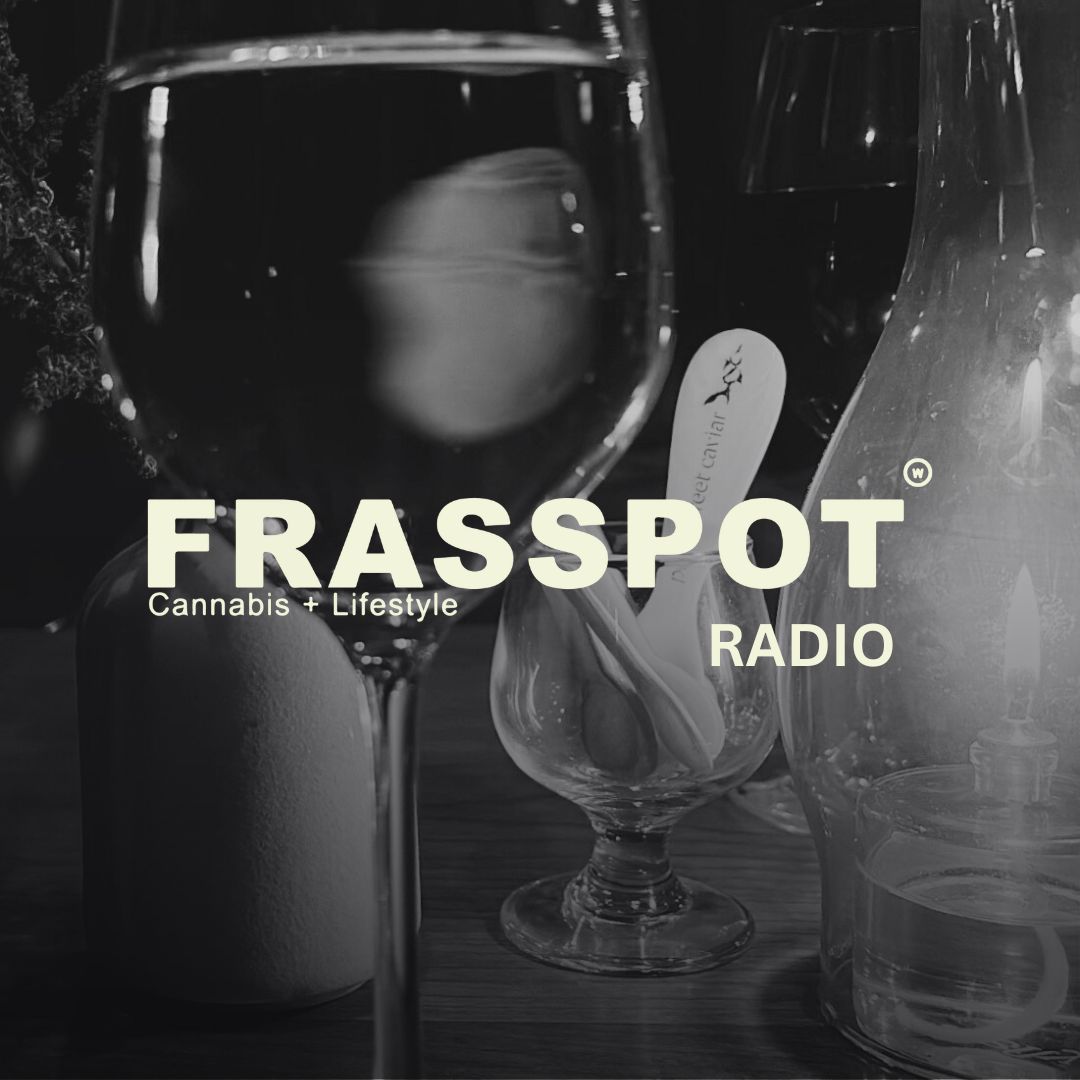Conversations: Wild World Jam
Nia Rose and Malcolm Xavier the driving force behind Wild World Jam—a series of distinctive nightlife experiences in Washington D.C. discuss collaboration, misconceptions, and future aspirations.
Words by Foli Creppy | 4 Minute Read
For those unfamiliar with our work, could you briefly explain what you've built to date and our future aspirations for Wild World Jam?
MX: My name is Malcolm Xavier, I represent Wild World Jam which is a series of distinctive nightlife experiences in Washington, D.C.
NR: Hi I’m Nia Rose, and the concept behind Wild World Jams is encapsulated in its name. Our vision is to cultivate a global yet vibrant and unforgettable atmosphere—a dedicated space and environment where creatives can not only enjoy themselves but also connect with like-minded individuals for networking.
If I understand correctly, the goal is to combine nightlife with community building, essentially blending nightlife and the themes of a networking event. Is this primarily targeted towards individuals within the music industry, or is it also open to those outside of it? Additionally, will the initial focus be on the DC or East Coast area, or is it open to anyone from any location looking to network and socialize within DC?
NR: The latter. The majority of our guests have significantly impacted their local communities within the DC area or other East Coast states they originate from. For instance, we recently hosted a prominent DJ from the city of Philadelphia. Ultimately, we welcome individuals from diverse backgrounds to enjoy our events and foster networking opportunities.
What is the most common misconception you both receive on a personal and business level that you would like to address?
MX: That's a good question…Having been somewhat removed from the immediate scene recently, I lack direct insight into current perceptions of me by others. Therefore, I wouldn't be in a position to offer an accurate response. I am investing so much energy into my own well-being and ensuring my stability on a daily basis that worrying about external perceptions would be counterproductive to that goal.
I like that. Rose, do you have anything to add?
NR: Absolutely. Regarding my experience with Malcolm and DJ Money of Wild World Jams, a key takeaway is Malcolm constantly reminds me of a crucial principle: prioritize your purpose and focus on your own endeavors. Never not worry about the opinions of others. Opinions are ubiquitous; everyone has them.
ADVERTISEMENT
The focus should be on the work itself, allowing its quality to speak for itself and letting others form their own opinions.
NR: It's a powerful approach to let your work speak for itself. This allows the focus to shift from personal things like gender or race to the tangible results and quality of the work itself. As I reflect on this question, had it been asked this two or three years prior, my response would likely have been more extensive. As a Black woman in America, navigating spaces often required proving my capabilities. However, at this stage, I am fortunate to collaborate with individuals who value and trust my vision, fostering creative freedom and a sense of acceptance.
That was a great answer, thank you Rose. How did you and Malcolm meet?
NR: Malcolm, do you remember?
MX: I do not (Laughter)
NR: I collaborated with other creatives who were close to Malcolm and Malcolm and I eventually crossed paths and collaborated as well. In numerous instances where others might have dismissed my contributions, he consistently provided me with more opportunities. This support naturally translated into our joint business venture.
Rose mentioned that your family left a significant impact on the city of DC. Can you elaborate on that statement, Malcolm? Were they in the music industry as well?
MX: My family has a notable history within the sports and entertainment industries, spanning several years. My closest connection was with my father, a writer and author who published four books and contributed to television in the 1990s and early 2000s. Beyond his creative work, he also fostered community by establishing a school, where he guided many students toward college. My cousin, Charles C., made significant contributions to the music industry, working closely with Hidden Beach Records and playing a role in the rise of numerous artists in the neo-soul, R&B, and jazz genre. He also founded his own jazz festival in North Carolina, which ran for several years.
His brother, Fred, another cousin, was, I believe, instrumental in the effort to bring the NBA All-Star Game to Washington, D.C. This remains our city's sole hosting of NBA-related events to date. It’s important to note that beyond these three individuals, numerous other family members have also made impactful contributions to this field. My deep connections within this industry stem from these familial ties, though I haven't named everyone. I maintained close relationships with my father and my cousins, learning a great deal from them over the years. My father passed away in 2021, and I feel a sense of carrying on their legacy.
Rose, what are the primary ways your family and closest longtime friends have influenced your current life and future decisions regarding your chosen paths?
NR: That's a thoughtful question. My early interest in the creative industry was significantly shaped by my mother, whom I lost at a young age due to the after-effects of 9/11, a detail often overlooked. While I can't definitively say what path she envisioned for me, my childhood was filled with experiences like beauty pageants, etiquette classes, and even modeling for Gap. Reflecting on this, I feel she was nurturing a budding entrepreneur. My mother was indeed my early "momager," always supportive of my aspiration.
What was the turning point in your past lives that profoundly shaped your present self?
NR: Undoubtedly the pandemic. Pre-pandemic, I felt professionally fulfilled after moving back to New York from the DMV and working with a prominent fashion agency. It was an experience reminiscent of "The Devil Wears Prada," and I believed I was at a peak in my life until the widespread shutdowns began. The pandemic brought my career and aspirations to an abrupt halt, leaving me feeling directionless. However, this period of forced pause and loss ultimately fostered greater self-awareness. Without the distractions of my career and external validation, I had the opportunity for introspection. I realized the importance of understanding my identity beyond professional titles and social media personas. Pre-pandemic, I recognize now that I was somewhat aimless. This period allowed me to strategically plan and analyze my path. While those plans didn't always unfold perfectly, I was compelled to confront unfinished aspects of my life.
I recognized the necessity of completing my education, a path I had previously dismissed. Returning to school was a humbling experience, as I realized the value of something I had once deemed unnecessary, especially when other opportunities had vanished. The pivotal moment was enrolling in that semester, which, through perseverance, led to my proudest achievement: graduating this year as a first-generation college graduate. This experience was a profound turning point, positively reshaping my perspective. It taught me the invaluable lesson that I don't possess all the answers or control, and that embracing the role of a lifelong learner is not only acceptable but essential.
Ultimately, whatever motivates an individual to keep striving toward their aspirations is admirable, and I have nothing but respect for that dedication. So, congratulations again. Same question to you Malcolm.
MX: The pandemic undeniably brought significant shifts to many lives, mine included. As a DJ, the immediate shutdown of physical venues presented a unique challenge. However, this period also fostered new avenues, notably in live streaming and the digital planning of events – a landscape previously less central to DJ culture. This digital pathway to recognition, which was less prominent five to ten years ago, now offers a legitimate route for securing bookings and gigs.
Beyond DJing, the pandemic also afforded me opportunities within the television industry. I became involved in the entertainment company my father established shortly before his passing. This allowed me to gain experience as an executive producer for a TV show, work within a large sound stage environment, and develop a broader understanding of the entertainment business.
If you don't mind me asking, what was the TV show that you were a part of?
MX: It's called Rock and Roll Rarities, it premiered on DirecTV.
The evolution of DJ sets, particularly in the context of platforms like Boiler Room, is a fascinating topic. Recently, I encountered a series – the name escapes me at the moment – featuring a DJ performing in a makeshift elevator. This concept led me to discover a variety of similar series on YouTube. For instance, I came across a DJ named Anastasia who performed a set inside a dimly lit, closed dry cleaner.
This departure from the traditional Boiler Room setup, with its large crowds, or the massive scale of festival performances, was particularly striking. The idea of a DJ setting up in a dry cleaner after hours, for example, feels inherently creative and engaging.
MX: This is a genuinely compelling concept, effectively establishing a distinct aesthetic within each environment. For an instance like this, one might naturally assume this selection serves as a 'laundry playlist,' aligning the auditory experience with the setting. The intention here is clear, given the laundromat context. It evokes a strategic pairing reminiscent of 'Garanimals'-style thinking, where the presentation of one item (piece B) encourages the purchase of another (piece A). However, the overall approach is sophisticated and meticulously curated, almost representing a contemporary form of MTV. In an era of on-demand content, a dedicated space for a thoughtfully sequenced collection of music videos no longer exists. This initiative allows DJs to curate and define trends, determining the most suitable sonic landscape for specific environments.
What are your end goals for both your shared and individual endeavors?
NR: Our focus remains on leveraging our platform to cultivate a thriving community for creatives. We aim to provide a space where individuals can connect with like-minded peers and find genuine enjoyment, but more importantly, where these connections can positively influence their personal pursuits and passions.
ADVERTISEMENT
My final question is: what is the greatest fear you have for your future self, a fear so significant that, if possible, you would travel back in time to alter it?
NR: At this stage, I operate with faith, not fear. Many might be deterred by the potential for failure, but I view each setback as a learning opportunity and a chance for reconstruction. In fact, I embrace the underdog role, relishing the challenge of building something others deem impossible. I face no fear in my endeavors.
Well said, Thank you guys for this conversation.
NR: Thank you, Foli, for this opportunity and your consideration in sharing our stories on your platform.
MX: Our Pleasure.
Foli Creppy
Style Editor, Frasspot
Foli Creppy is the style editor for Frasspot. He oversees fashion and lifestyle content across Frasspot and has contributed as a style editor since December 2022.
Apr 30, 2025
Note: This interview has been edited for length and clarity.
More in Journal
ADVERTISEMENT



